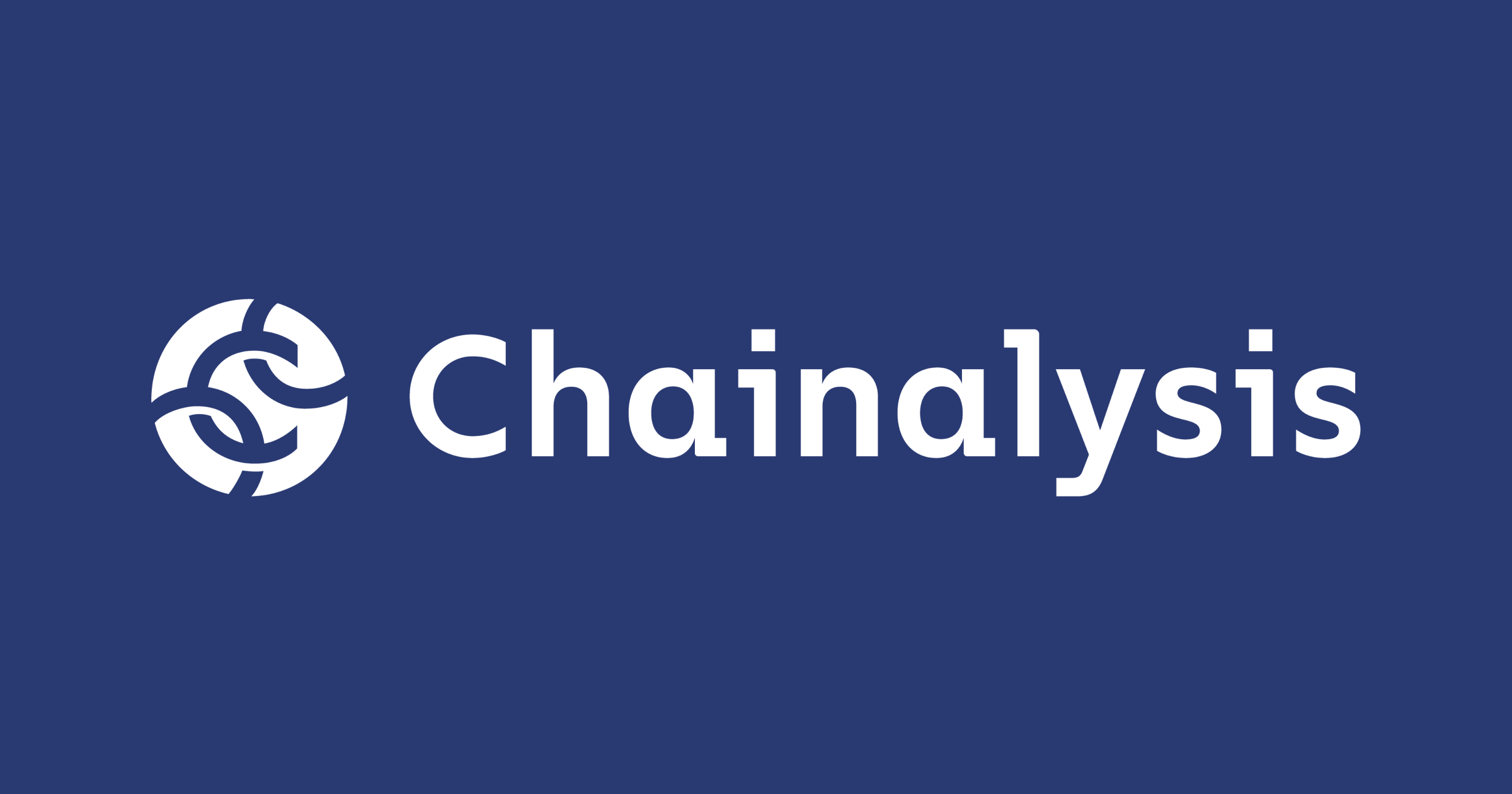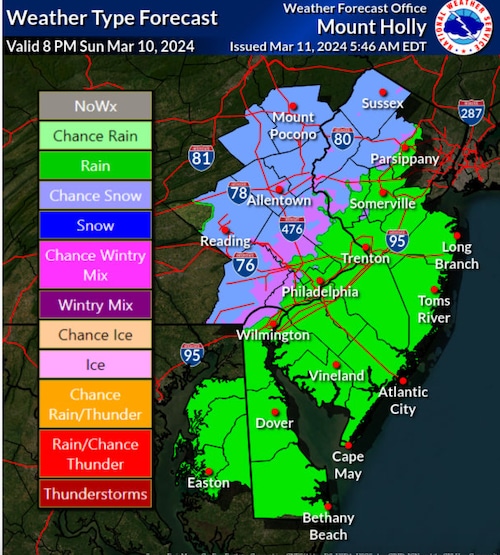Activision Blizzard Acquisition: FTC's Appeal And The Road Ahead

Table of Contents
The FTC's Case Against the Activision Blizzard Acquisition
The FTC's core argument against the Activision Blizzard acquisition hinges on concerns about anti-competitive practices and the potential harm to consumers.
Anti-competitive Concerns
The FTC argued that Microsoft's acquisition of Activision Blizzard would create an unfair monopoly, stifling competition within the video game market. This concern centers heavily on the immensely popular Call of Duty franchise.
- Exclusive Access to Call of Duty: The FTC feared that Microsoft could make Call of Duty exclusive to Xbox consoles and its Game Pass subscription service, significantly harming competitors like Sony PlayStation. This would give Microsoft an unfair advantage, potentially driving players towards their ecosystem.
- Market Power and Pricing: The acquisition would grant Microsoft considerable market power, raising concerns about potential price increases for games and related services. Reduced innovation due to less competition was another key concern.
- Impact on Cloud Gaming: The FTC also highlighted potential harm to the burgeoning cloud gaming market. Microsoft's control over Activision Blizzard's titles could limit access for competing cloud gaming platforms.
The District Court Ruling
A federal judge initially dismissed the FTC's lawsuit, delivering a significant blow to the regulatory body and a victory for Microsoft.
- Insufficient Evidence: The judge questioned the FTC's evidence, suggesting it failed to convincingly demonstrate that the merger would substantially lessen competition. The methodology used by the FTC was also criticized.
- Microsoft's Concessions: Microsoft offered various concessions, including ten-year licensing agreements to keep Call of Duty available on competing platforms like PlayStation. The judge deemed these concessions sufficient to mitigate anti-competitive concerns.
- Challenges of Antitrust in a Dynamic Market: The ruling highlighted the inherent difficulties in applying antitrust laws to the rapidly evolving gaming industry, emphasizing the complexities of proving anti-competitive behavior in such a dynamic and innovative sector.
The FTC's Appeal and its Implications
The FTC's appeal represents a renewed attempt to block the acquisition, challenging the district court's decision.
Arguments for Appeal
The FTC's appeal centers on several key arguments, attempting to overturn the lower court's ruling.
- Underestimation of Competitive Harm: The FTC likely argues that the district court underestimated the potential long-term harm to competition, particularly regarding the future of cloud gaming and the potential for exclusive titles.
- Weight Given to Microsoft's Remedies: The FTC might challenge the weight given to Microsoft's proposed remedies, arguing that they are insufficient to prevent anti-competitive behavior in the long run. The ten-year licensing agreement, for example, might be argued as insufficient.
- Potential for Delay or Prevention: A successful appeal could significantly delay the merger's completion or even prevent it altogether, leading to further legal battles and uncertainty.
Potential Outcomes of the Appeal
The appeal's outcome could have several significant ramifications for Microsoft, Activision Blizzard, and the gaming industry.
- Affirmation of the Lower Court Ruling: If the appellate court upholds the district court's decision, the acquisition would likely proceed, finalizing the merger.
- Reversal and Further Proceedings: A reversal of the lower court's decision could lead to a new trial, further legal challenges, or even a settlement requiring further concessions from Microsoft.
- Lengthy Appeal Process: The appeal process is expected to be lengthy, possibly stretching into 2024 or beyond, creating continued uncertainty for all parties involved.
The Broader Implications for the Gaming Industry
The Activision Blizzard acquisition and the FTC's appeal have wide-ranging implications beyond the immediate parties involved.
Future Mergers and Acquisitions
This case establishes a crucial precedent for future mergers and acquisitions in the gaming industry.
- Impact on Future Deals: An FTC victory could discourage future large-scale acquisitions in the gaming sector, leading to a more fragmented market.
- Encouragement of Further Consolidation: Conversely, a Microsoft victory could embolden other companies to pursue similar large-scale mergers, potentially leading to further industry consolidation.
- Increased Regulatory Scrutiny: The case underscores the increasing importance of regulatory scrutiny in the gaming industry, suggesting tighter controls and stricter guidelines for future mergers.
The Future of Call of Duty and Other Franchises
The fate of Call of Duty and other Activision Blizzard franchises is intricately linked to the outcome of the FTC's appeal.
- Platform Exclusivity: The question of platform exclusivity for major titles like Call of Duty remains a critical point of contention.
- Pricing and Availability: The long-term impact on game pricing and availability across different platforms remains uncertain.
- Cross-Platform Gaming: The appeal's outcome could significantly redefine the landscape of cross-platform gaming and the accessibility of popular titles.
Conclusion
The FTC's appeal regarding the Activision Blizzard acquisition is a pivotal moment for the gaming industry. The outcome will have profound and long-lasting consequences, shaping the future of mergers and acquisitions, influencing the competitive landscape, and ultimately impacting gamers worldwide. Understanding the nuances of this legal battle is crucial for anyone interested in the future of the gaming market. Stay informed about the ongoing developments in the Activision Blizzard acquisition and its impact on the gaming industry's future. The implications of this monumental case will continue to unfold, shaping the future of gaming for years to come.

Featured Posts
-
 Rayadas Triunfan Con Brillante Actuacion De Burky
Apr 23, 2025
Rayadas Triunfan Con Brillante Actuacion De Burky
Apr 23, 2025 -
 Chainalysis Expands Ai Capabilities With Alterya Acquisition
Apr 23, 2025
Chainalysis Expands Ai Capabilities With Alterya Acquisition
Apr 23, 2025 -
 High Winds Batter Lehigh Valley Leaving Thousands Without Power
Apr 23, 2025
High Winds Batter Lehigh Valley Leaving Thousands Without Power
Apr 23, 2025 -
 The Zuckerberg Trump Dynamic Impact On Technology And Politics
Apr 23, 2025
The Zuckerberg Trump Dynamic Impact On Technology And Politics
Apr 23, 2025 -
 Ramalan Pernikahan Analisis Kecocokan Weton Senin Legi Dan Rabu Pon
Apr 23, 2025
Ramalan Pernikahan Analisis Kecocokan Weton Senin Legi Dan Rabu Pon
Apr 23, 2025
